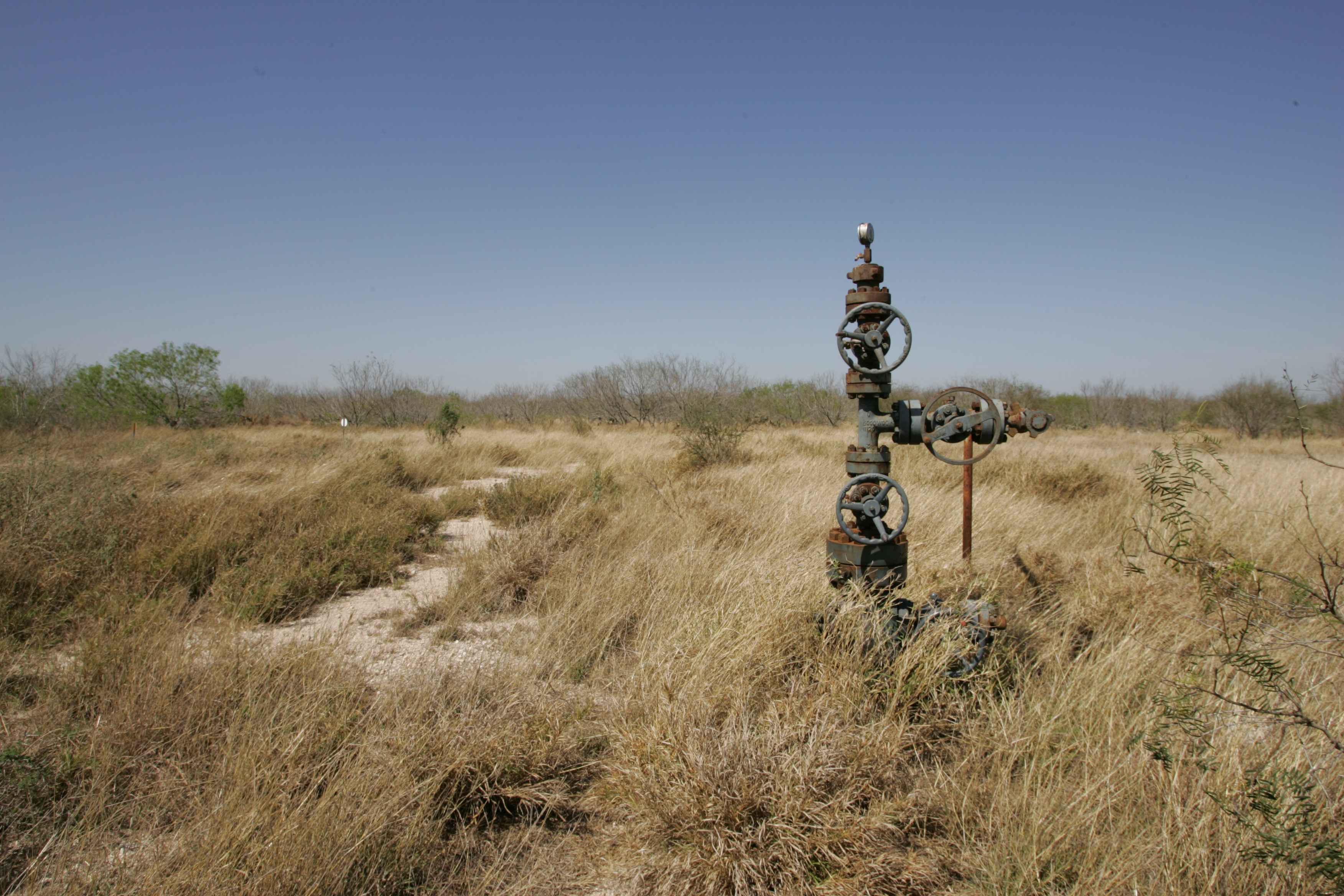Ashgar Leghari, a farmer from Pakistan, sued the national government for failure to carry out the 2012 National Climate Policy and Framework. The Lahore High Court ruled on September 4 that “Climate Change is a defining challenge of our time and has led to dramatic alterations in our planet’s climate system. For Pakistan, these climatic variations have primarily resulted in heavy floods and droughts, raising serious concerns regarding water and food security. On a legal and constitutional plane this is clarion call for the protection of fundamental rights of the citizens of Pakistan, in particular, the vulnerable and weak segments of the society who are unable to approach this Court.”
The court cited the right to life and the right to human dignity, “constitutional principles of democracy, equality, social, economic and political justice… the international principles of sustainable development, precautionary principle, environmental impact assessment, inter and intra-generational equity, and public trust doctrine.” The court found that “the delay and lethargy of the State in implementing the Framework offend the fundamental rights of the citizens.”
The court therefore directed several government ministries to each nominate “a climate change focal person” to help ensure the implementation of the Framework, and to present a list of action points by December 31, 2015. The court also created a Climate Change Commission with representatives of key ministries, NGOs, and technical experts.
On September 14 the court issued a supplemental decision naming 21 individuals to the Commission and vesting it with various powers.
The decisions are linked from this summary from the Environmental Law Alliance Worldwide (ELAW).
Leghari v. Federation of Pakistan now joins Urgenda Foundation v. State of the Netherlands as an important judicial decision directing a national government to take action on climate change based on fundamental legal principles.



